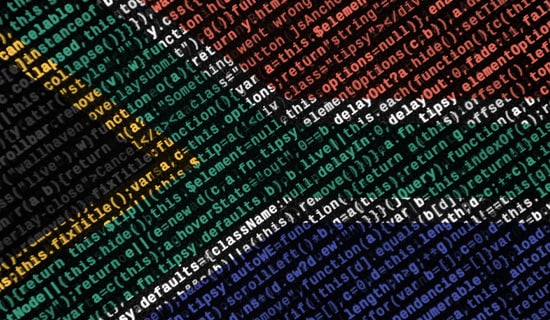Against the backdrop of the last few months' ongoing public protests in Iran against the leaders of the regime of the Islamic Revolution over its economic and political policies, the regime has acted to increase its control of the public and stepped up its attempts to prevent Western cultural influence that, it says, endangers the values of the revolution. The Iranian regime sees the Internet as a Western agent that undermines the regime, and thus both restricts it and seeks oversight and control of what users can access by means of it.

This paper is the first in a series on public criticism of the regime in Iran, in light of its attempts to impose strict codes of social and cultural conduct, in the spirit of the Islamic revolution, on the public, particularly on the younger generation, and in light of the regime's policy of stringent enforcement and harsh punishments for offenders. This first installment will focus on criticism of the law that bans using VPNs to access social media.
On July 15, 2018, Abdolsamad Khoramabadi, Iran's deputy chief attorney general for Internet affairs, said that, according to up-to-date figures from July 2018, about 30 million Iranians use VPNs to access Hotgram and Telegram Gold in order to circumvent the regime's blocking of these services. He said that the use of VPNs violates the rules of the Supreme Cyberspace Council and that the regime will soon disable them.
On July 8, 2018, the Asriran.com website, which is associated with pragmatic circles in Iran, published an article criticizing the regime's policy of blocking websites and social media, particularly the encrypted messaging app Telegram, which is the most popular communications app in Iran. It focused on the new law banning the use of VPNs - which allow users to circumvent blocking and conceal users' identity - to access social media, stressing that a law that is contrary to the accepted norms in society will ultimately be broken by most of the public. As a case in point, it gives the example of the regime's ban on satellite dishes, that it says is violated by 70% of the public.
This is an excerpt from a MEMRI Special Dispatch. To view the full report, click here.
Latest Posts



